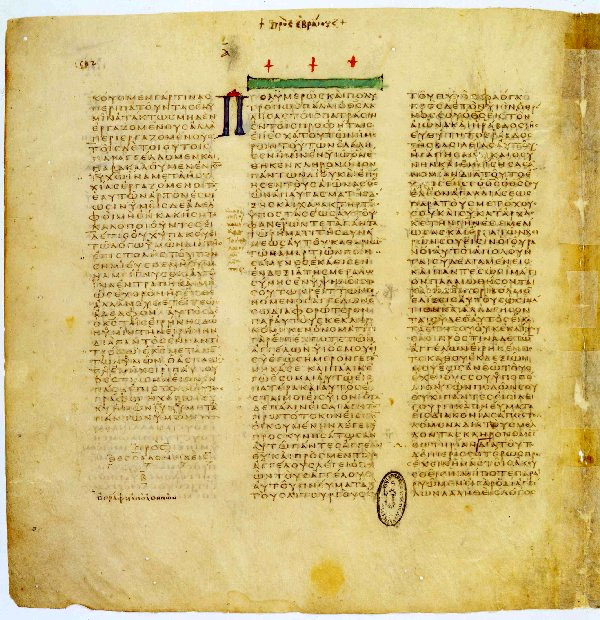I want to underline, before starting the thread that I only know ancient Greek...I have absolutely no knowledge of ancient Hebrew.
But speaking with some scholars (belonging to the Jewish Community of Rome) I understood there is a big lexical discrepancy between the OT present in the MT - Biblia Hebraica Stuttgartensia (Genesis, particularly) and the Septuagint (Codex Vaticanus).
I will analyze some passages and the help of Hebrew experts is highly appreciated.

But speaking with some scholars (belonging to the Jewish Community of Rome) I understood there is a big lexical discrepancy between the OT present in the MT - Biblia Hebraica Stuttgartensia (Genesis, particularly) and the Septuagint (Codex Vaticanus).
I will analyze some passages and the help of Hebrew experts is highly appreciated.

Last edited:
